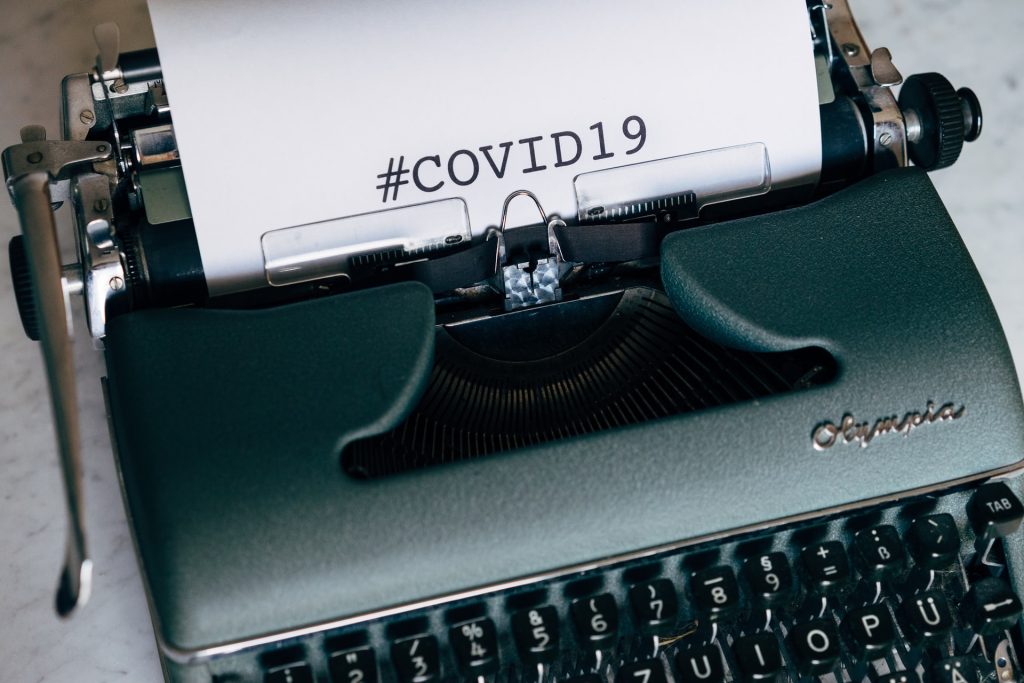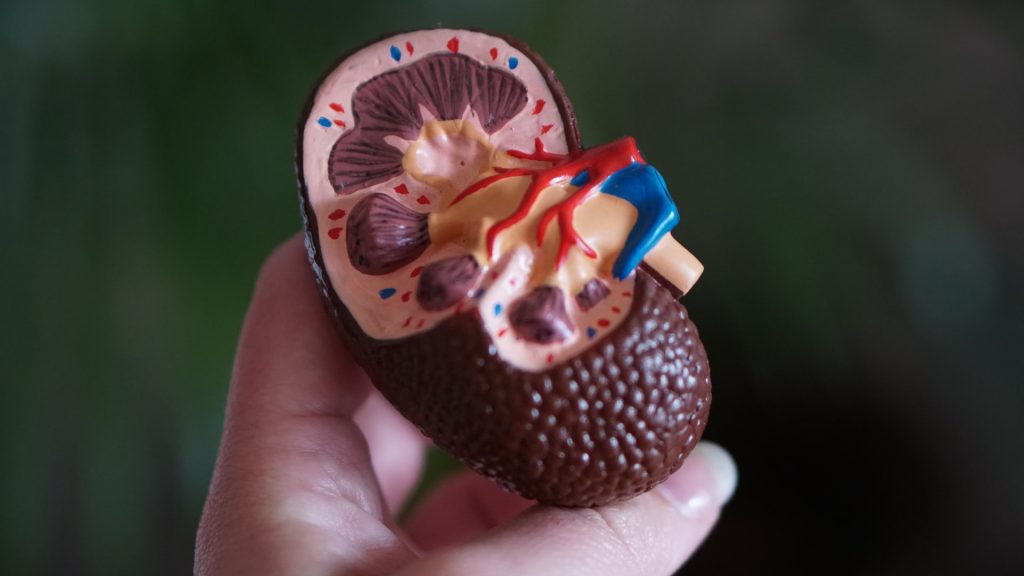Many Young People with Cancer Experiencing Distress in the Pandemic

A new study has reported that many adolescents and young adults with cancer are suffering high psychological distress during the COVID pandemic. During the pandemic, adolescents and young adults with cancer had an 85% higher odds of experiencing psychological distress compared with a similar group surveyed in 2018.
For the study, which was published in Psycho-Oncology, 805 individuals in Canada who were diagnosed with cancer between 15 and 39 years of age completed an online survey.
More than two‐thirds of the group (68.0%) experienced high psychological distress. Additionally, those whose employment had been disrupted during the pandemic and those with blood cancer were more likely to experience high psychological distress, while those who were older and those with a personal income in 2020 that was less than $40 000 tended to have lower distress.
The survey revealed overarching themes of pandemic experiences that included inferior quality of life, impairment of cancer care, COVID–related concerns, and extreme social isolation.
“The pandemic has adversely impacted the mental health of adolescents and young adults with cancer,” said senior author Sapna Oberoi, MBBS, MD, DM, of the University of Manitoba. “The findings of this study underscore the importance of providing enhanced and tailored interventions to combat psychological distress among these patients. Cancer organisations and policymakers must prioritise mental health supports for adolescents and young adults with cancer to optimise their health outcomes and quality of life.”
Source: Wiley






